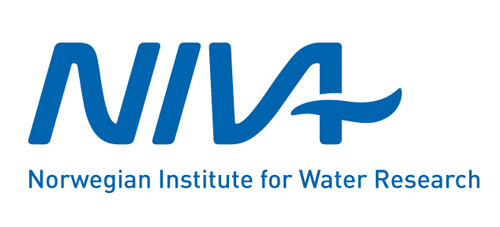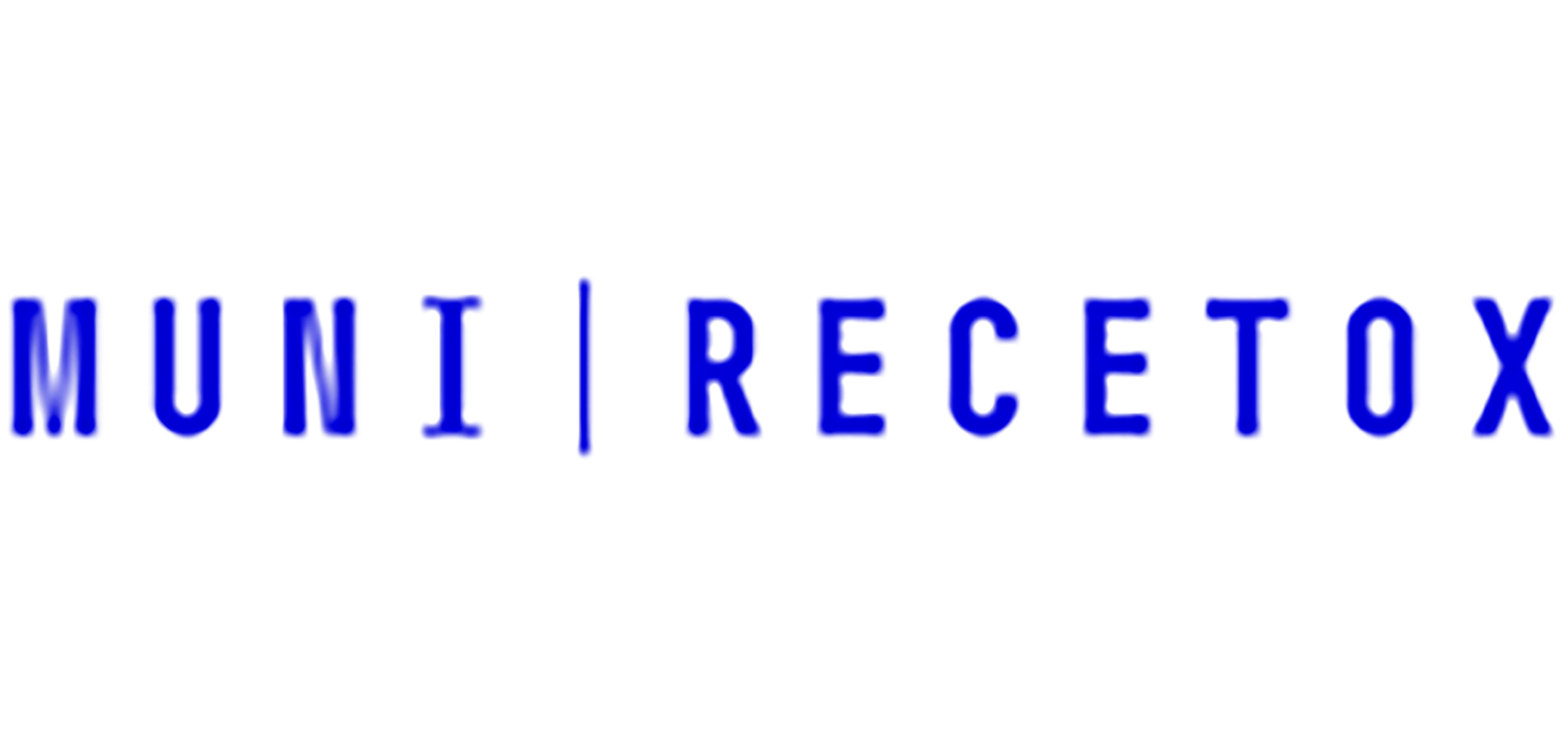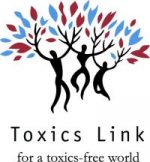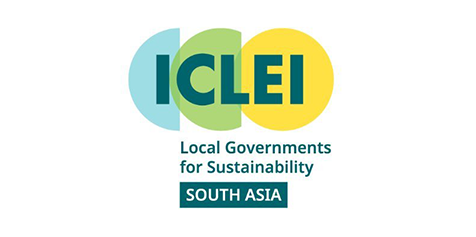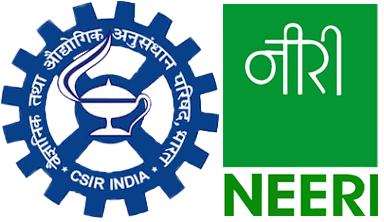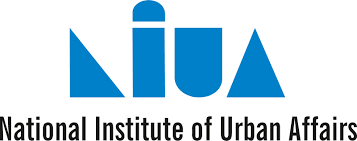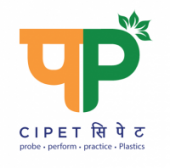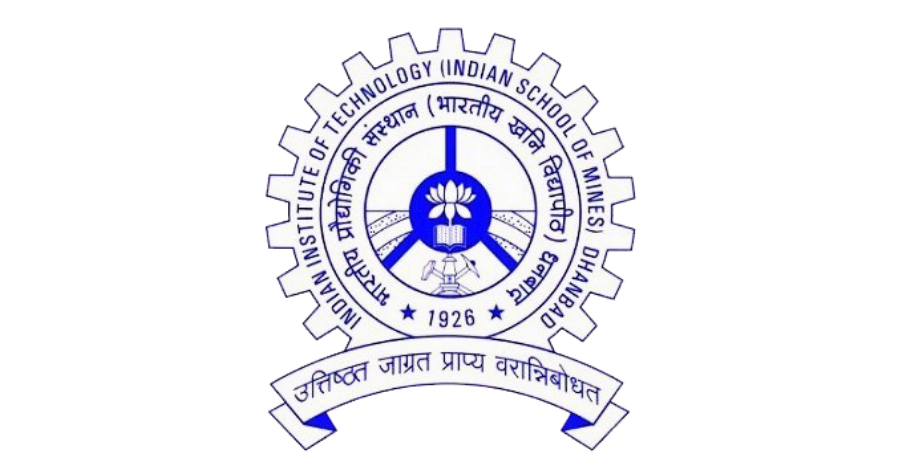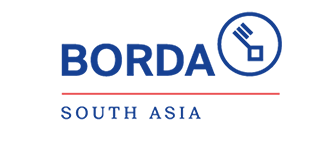Sustainable Futures For All
Change through Research
We leverage findings from scientific inquiry to bring about transformation.
Environment
Sustainable solution towards environmental pollution.
How We Contribute
Protect and conserve the environment to ensure sustainable futures.
Thematic Areas

Water For All
Water is a precious natural resource that is fundamental to all life on earth and a crucial component of sustainable development goals and poverty eradication. Access to safe water is key to the creation of a sustainable water future.
Almost 2.2 billion people lack access to safe drinking water and 3.6 billion lack safe sanitation. Although water and sanitation access has vastly improved, huge discrepancies exist in the quality of services provided.
Our efforts focus on the current water resource management challenges aggravated by climate change and rising demand from a growing population causing scarcity of fresh water. Effective management of water resources, water conservation, safe reuse of treated water, sanitation and hygiene are our focus areas.
Our activities in the above themes are:
- Water, Sanitation, and Hygiene: Improving access to safe water, sanitation, and hygiene is achieved by collaborating with communities to improve accessibility, identify gaps, and establish solutions on the ground for improving access. This is linked as recommendations to the policy makers at the local as well as the national levels.
- Effective management of water resources: The MGRF supports policymakers and other stakeholders in planning, developing, distributing, and managing the optimal use of water resources.
- Water Conservation: Through our work, we seek to identify, create awareness, and enhance capacities for implementing sustainable water conservation models, such as freshwater recovery, recharge of groundwater resources, water storage, and climate change adaptation.
- Safe reuse of treated water: In order to ensure effective implementation of safe water reuse, we intend to develop capacities, contribute towards appropriate policy management and add to knowledge resources.

Waste Management
Ineffectively managed waste pollutes oceans, floods drain, transmits diseases, causes respiratory problems from burning, damages ecosystems threaten human and animal life, and hinders economic development.
MGRF aims to contribute to the creation of knowledge, enhancement of capacities, policy communications, and supporting communities and stakeholders in the promotion of sustainable waste management practices, innovative technologies, and circular economies for a better cleaner, and healthier environment.
- Waste management: By identifying and examining research gaps, building capacity, monitoring and assessing programs, and supporting institutional planning, we support relevant stakeholders, including governments and international donors for improving the waste management practices for a cleaner and healthier environment.
- Assess the environmental impacts and contamination from poor management of waste: Hazardous wastes and chemical substances threaten the health and environment of humans, and hence need to be strictly regulated. The management of these determines how waste will affect the environment. Research and data availability needs to be strengthened for assessing the impacts of poor waste management practices on human and environmental health. Our goal is to fill this gap.
- Marine litter (Plastic Waste and Hazardous Chemicals): To reduce and prevent marine litter and plastic pollution from land and water sources, we are addressing research gaps regarding plastic leakage into oceans, addressing policy actions, enhancing capabilities, and creating awareness and knowledge resources for proper waste management and reduction of waste generation and transport to oceans.

Innovation And Sustainability
Circular economy is at the heart of India’s industrial strategy, and innovation processes. Innovation is an essential tool used by society to respond to environmental and sustainability challenges. Reportedly, in India, about 5.5 million metric tons of plastic waste (60%) gets recycled annually, and the remaining 40% is uncollected or littered, which further ends up in water and land pollution. Achieving circularity for plastic waste management, like any other, will require new production processes, new industrial or business models and new recycling cultures. MGRF’s activitiesl focus on creating technological and social innovations by advancing new societal practices to build sustainable lifestyles, sustainability management frameworks, and well-informed policy recommendations.
In the journey of transition towards sustainability, the key challenge in addressing innovation is not just economic and environmental, but a social one. Sustainability will be achieved by ensuring greener, cleaner, and equitable growth, based on green industrial practices, environmentally friendly technologies and services, research, education, and awareness for all.

Emerging Contaminants
Contaminants of Emerging Concern (CEC) refer to various chemicals and chemical groups, including personal care or household cleaning products, agricultural products, pesticides, pharmaceuticals, industrial chemicals, surfactants, etc. They are characterized by a perceived or potential threat to human health or environment or those without any evident standard. The word “emerging” is linked to a new, unknown source of a chemical or a new pathway to humans. The toxicology, fate and transport, or human health implications of CEC are lesser known in India. MGRF intends to address the challenges associated with emerging contaminants in different environmental matrices, especially in the aquatic and riverine environment. The primary purpose is to address the challenges of CEC in various water resources to prevent health concerns of local communities, especially those living in vulnerable conditions. MGRF aims to conduct research, capacity building, policy actions, awareness generation and outreach events for safe management and regulation of ECs for a sustainable environment and healthy society. MGRF’s activities concerning ECs will align with and support the fulfilment of many of the SDG targets.
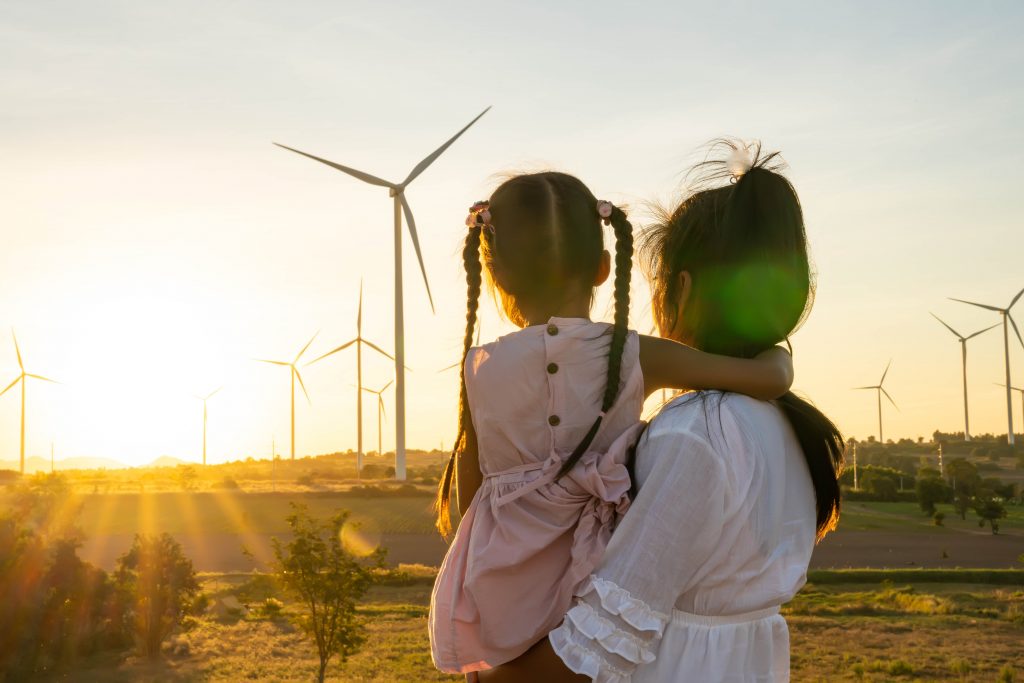
How to Be A Part Of Our Work
Join Mu Gamma Research Foundation in its efforts to achieve sustainability outcomes.
Our Projects
Nunc rhoncus nisi eget quam tempor placerat. In hac habitasse platea dictumst.

Project One
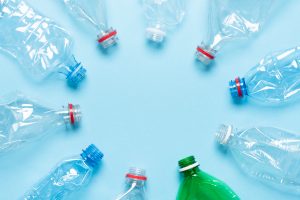
Project Two

Project Three
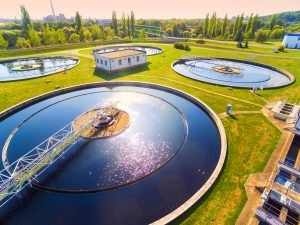
Project Four

Project Five
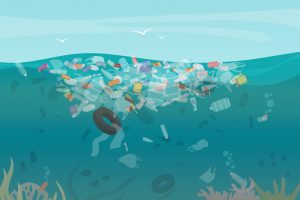
Project Six
Making the World a Better place with our partners, one step at a time
